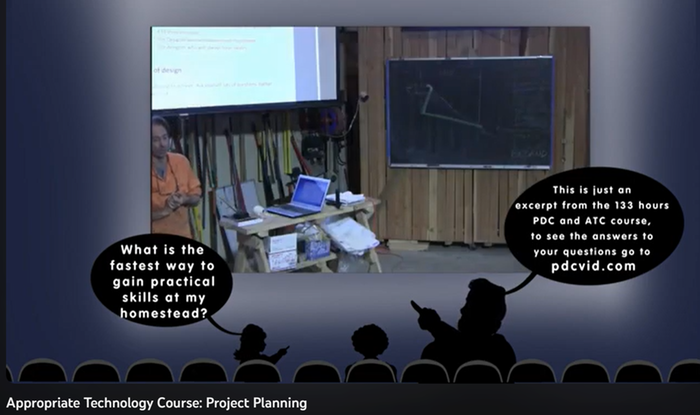
Watch this video here:
https://youtu.be/-TMONVWAHME
In this excerpt from the Wheaton Labs’ Appropriate Technology Course, Tim discusses the common challenges and misconceptions when planning and executing projects, especially in trades like carpentry or mechanics. He discusses the concept of the "planning fallacy," whereby individuals underestimate the time and effort needed to complete a task, leading to unrealistic expectations. He emphasizes the importance of appropriate technology in designs, stressing that designers should focus on what is suitable for a specific context rather than their personal preferences. For example, a rocket mass heater, while fascinating, would not be suitable for a subtropical climate.
Tim highlights the importance of clear end-goal understanding during planning. He explains that focusing on the end goal helps prevent project derailment. He also encourages viewers to adopt a creative approach when faced with limited materials and resources. He suggests repurposing available materials like using a bathtub as a worm farm, a composting system, or a small fish pond. He advocates for critical analysis of ideas, playing the role of devil's advocate to spot potential issues in designs. Finally, Tim advises viewers to be realistic about their abilities, emphasizing the need for continuous learning and improvement, while also reminding viewers that tasks often take longer and cost more than initially anticipated.




